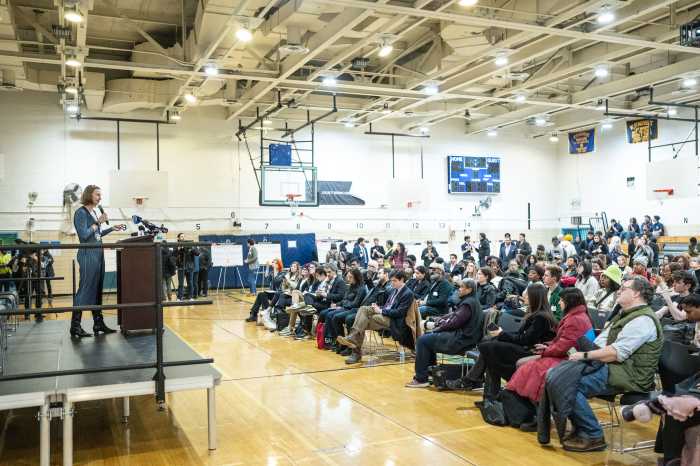Even when workaholic Americans manage to swing a vacation, 48.9% confess to checking work-related emails and voice mails while away, according to a survey released in June by The Travel Leaders Group.
The digital revolution held the promise of more time to relax but employees instead increasingly find vacations interrupted with work, said Kenneth Matos, a researcher for the Family and Work Institute in NYC.
“Clients text me all the time and want to hear back from me: New Yorkers want instant gratification,” said Anjie Cho, 37, an architect.
Businesses that expect employees to work when they are officially signed out “have not done a good job of succession and emergency planning: Those are organizations with more stressed employees, employees who make more mistakes and have more health and wellness issues because there is no ability to say, ‘This can be covered when I’m not here,'” Matos said.
“I just got back from vacation and my brother and I were both hounded like crazy,” by bosses said Tom, 52, a technical designer for a fashion company, who didn’t want his last name published.
The Travel Leaders survey said 38.5% of respondents planned to leave at least some of their vacation days on the table this year.
Downsizing and “doing more with less” has demolished the redundancy that Matos says is essential in healthy workplaces.
One report by the Families and Work Institute concluded top managers were most affected.
It said, “Employees with the greatest job responsibilities and demands are those most likely to work during their vacations: managers and professionals, higher earners, employees who work the longest hours, employees who are work-centric, and those who typically work outside normal work hours.”
“We’re always attached: It’s a 24/7 work day,” said Michael Hagen, 40, a commercial real estate broker.
He checks his email “at least once an hour” while vacationing with his family. “You have to be responsive: If you’re not, your competitors will be,” Hagen said.
It’s often a worker’s own force of habit that keeps them connected, noted Gary Kunath, who gives a course called “Mastering Life Balance: Achieving Greatness at Home and at Work” to Fortune 500 companies.
“It’s muscle memory. They think the roof will cave in when they’re not there or the work they’ll face when they return will be insurmountable,” Kunath added.
Kunath advises setting sensible boundaries. His own career did not flourish until “A funny thing happened. I became so valuable that people waited for me. If you’re truly valuable, people work with you so they can get your contribution.”



































